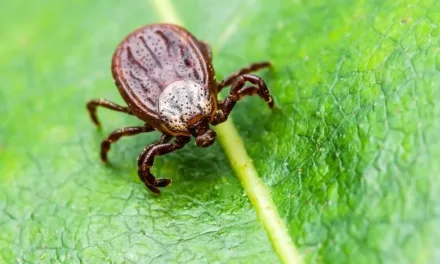The Africa Centres for Disease Control and Prevention (Africa CDC) has issued a stark warning about the ongoing monkeypox outbreak, declaring that the virus’s spread across the continent shows no signs of slowing. Over 53,000 cases have been reported so far this year, highlighting the urgency of the crisis.
In a recent online briefing, Africa CDC Director-General Jean Kaseya shared alarming statistics: 19 African countries have reported 53,903 cases of monkeypox (mpox) since January, including 11,147 confirmed cases and 1,109 deaths. Last week alone, the continent recorded 2,836 new cases, with 461 confirmed and 34 fatalities.
“The mpox epidemic is far from under control,” Kaseya stated, emphasizing that the outbreak’s trajectory remains upward. Data from the African Union’s healthcare agency revealed a dramatic 569% increase in confirmed cases compared to the total recorded last year. Experts predict the numbers may rise further before stabilizing in early 2024.
Calls for Bold Action
Kaseya urged African nations to intensify testing efforts and prioritize local manufacturing of medical supplies to curb the outbreak. “We need bold actions to contain the spread,” he said, stressing the importance of a coordinated response to manage the crisis.
The outbreak has also drawn global attention. In mid-August, the Africa CDC declared mpox a public health emergency of continental security. Shortly thereafter, the World Health Organization (WHO) elevated the disease to a public health emergency of international concern, underscoring its global significance.
Understanding Mpox
Monkeypox, first identified in laboratory monkeys in 1958, is a rare viral disease transmitted through contact with body fluids, respiratory droplets, or contaminated materials. Symptoms include fever, rash, and swollen lymph nodes, with severe cases posing significant health risks.
Health experts caution that without immediate action, the mpox outbreak could strain healthcare systems across the continent and beyond.
As Africa faces this pressing challenge, the call for enhanced surveillance, vaccine distribution, and public health measures remains urgent.












